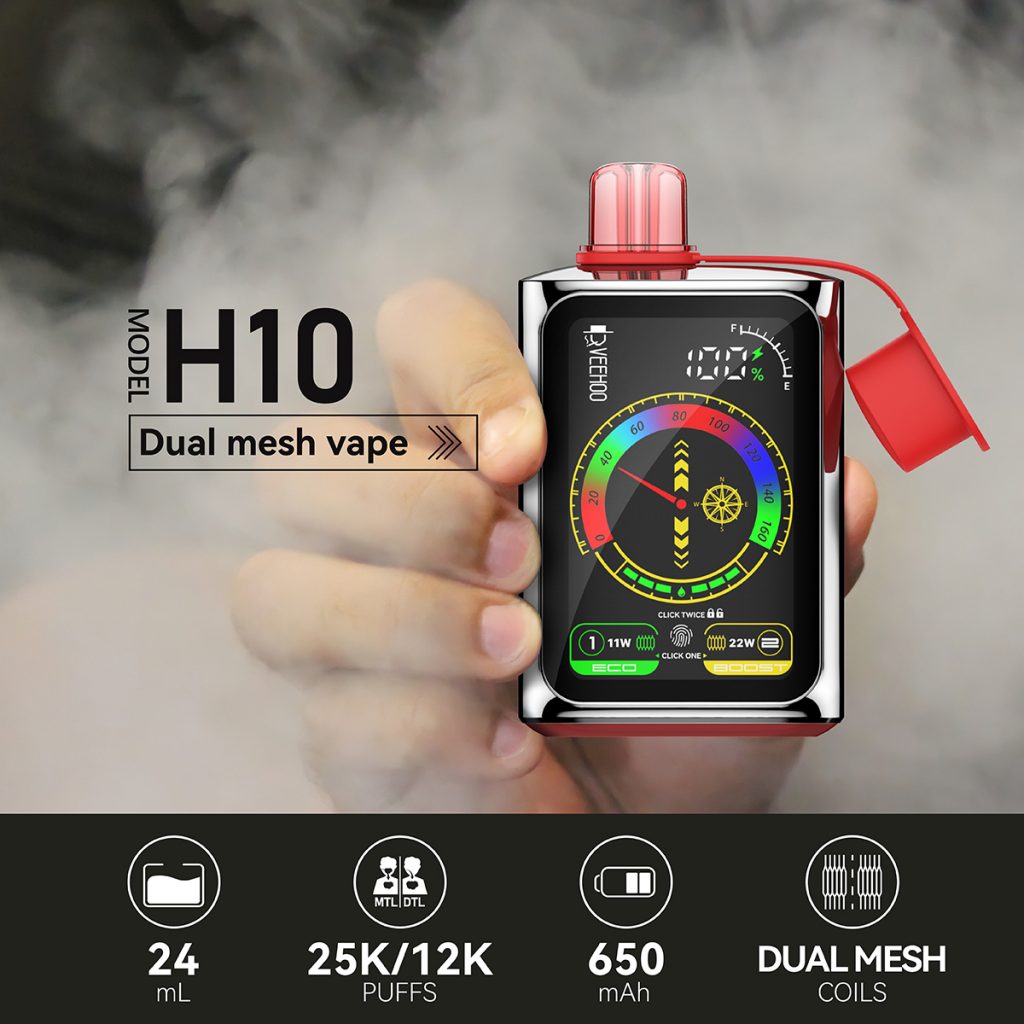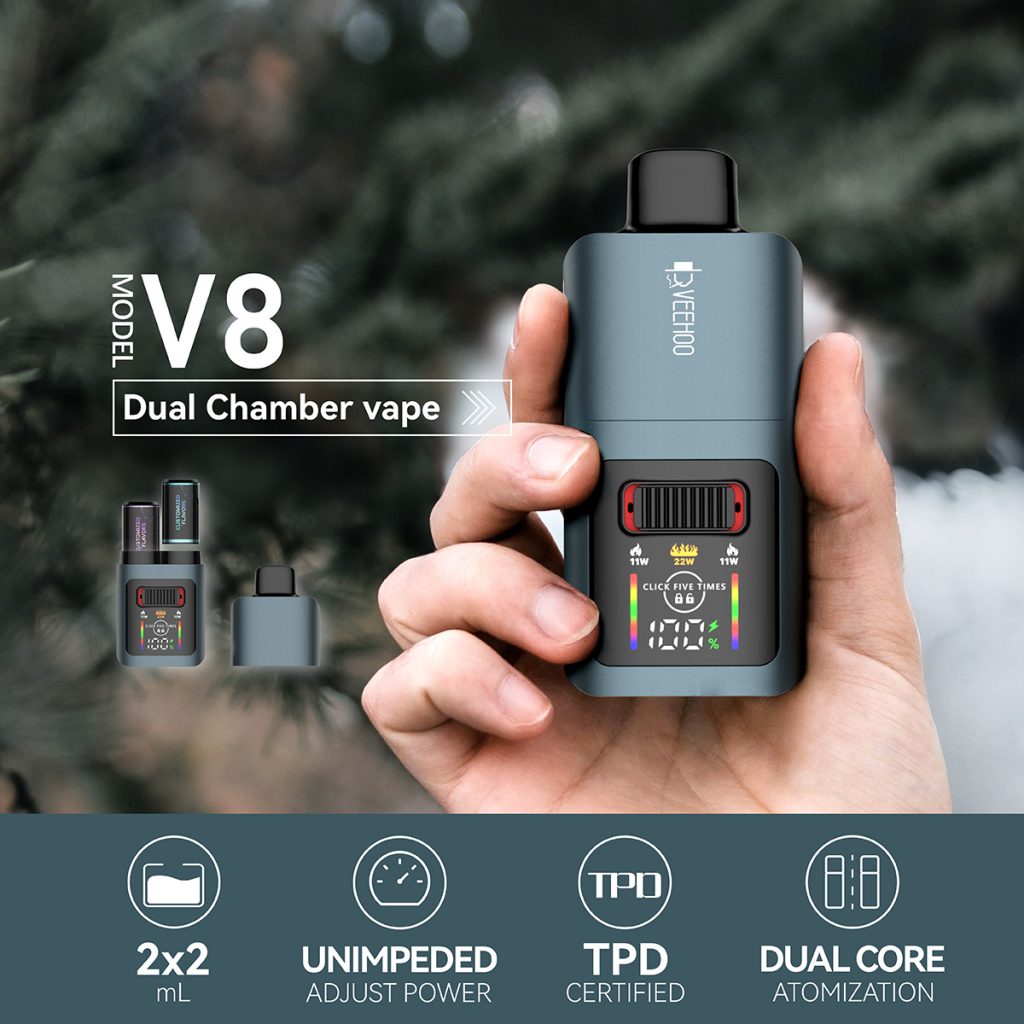Seeking a balance between public health and consumer choices, the Polish government recently proposed a draft legislation to comprehensively regulate nicotine pouch products, aiming to fill the gaps in current regulations, strictly control product packaging and sales channels, and explicitly prohibit the sale of such new smoke-free nicotine products to minors. The new regulations propose that nicotine pouch packaging must be printed with eye-catching health warnings and nicotine content labels, restrict online and vending machine sales, and implement stricter traceability and law enforcement mechanisms for market circulation. This initiative not only responds to public health experts’ concerns about the susceptibility risks of minors, but also provides institutional guarantees for legal brands to create a healthy competitive environment in compliance and innovation.
Since nicotine pouches entered the Polish market in 2020, this type of product has quickly gained favor among adult consumers due to its smoke-free, portable and easy-to-use nature. However, since it does not contain tobacco ingredients, it is currently neither within the scope of tobacco product regulations nor included in the e-cigarette regulatory system, and there has been a long-term regulatory vacuum. Public health agencies and non-governmental organizations have repeatedly warned that the nicotine content in nicotine pouches is not limited by standards, and that packaging and advertising can easily attract teenagers, thereby inducing minors to try and become dependent. Faced with increasingly diverse product flavors and fancy packaging, legislators recognize that regulations must be improved as soon as possible to prevent the potential threat of new nicotine products to public health.

The proposed draft legislation explicitly requires that all nicotine pouch product packaging must be printed with health warnings of the same severity as traditional tobacco products, and clearly mark the nicotine content of each pouch so that consumers can fully understand the nicotine dose they have ingested. The draft further prohibits the sale of nicotine pouches through unsupervised channels such as online platforms and vending machines, and instead sells them through physical retail channels that require manual age verification to ensure that minors cannot easily obtain them. At the same time, the draft proposes to establish a regulatory database to track the production batches, distribution channels and sales records of legal products, and give law enforcement agencies greater punishment power to combat illegal branding and smuggling.
Polish Health Minister Izabela Leszczyna said in a statement to the parliament that the legislation aims to “protect the most vulnerable group in society – minors – from the temptation of nicotine dependence, while providing adult consumers with transparent information and reliable quality alternatives to tobacco”, and emphasized that after the bill is passed, a nine-month transition period will be set up for manufacturers and retailers to complete inventory clearance and label replacement. Experts in the field of public health generally support the draft, believing that the dual implementation of mandatory health warning labels and strict age verification measures can effectively reduce the chances of minors being exposed to new nicotine products, while not depriving adult smokers of the right to choose alternatives to tobacco in a one-size-fits-all manner.
The Ministry of Finance predicts that with the standardization of the market, the nicotine bag industry will bring the country about 170 million Polish zlotys (about 45 million US dollars) in tax revenue in the next three years, providing certain financial support for public health spending. At the same time, legal brands will face the challenge of rising compliance costs, but will also gain more market trust and consumer loyalty. Market research companies point out that although sales may decline in the short term, in the long run, formal products with higher transparency and controllable quality are more likely to be accepted and relied on by adult users.

As the new regulations are expected to be introduced, VEEHOO e-cigarettes, as a pioneer brand in the industry, has demonstrated the healthy development path of new nicotine products with its dual adherence to compliance and technological innovation. VEEHOO has always strictly followed the EU and Polish local regulations, and has clear regulations on the source of nicotine raw materials, content limits and packaging warnings used in products, and regularly and transparently publicizes through third-party authoritative testing agencies to ensure that the ingredients of each cartridge and nicotine bag are safe and controllable. The eye-catching health warnings and content labels on its packaging just echo the requirements of the draft legislation for information transparency.
VEEHOO took the lead in implementing the “real-name system + age verification” dual inspection mechanism in sales channels, and combined online real-name file binding with offline manual verification to minimize the risk of minors purchasing. At the same time, the brand has invested a lot of resources in consumer education, actively cooperated with public health organizations to carry out scientific use and harm reduction publicity, and advocated that adults make decisions on smoking replacement on an informed basis, so as to realize the concept of “harm reduction is not harmless”.

In order to better meet the diverse needs of adult users, VEEHOO continues to launch differentiated competitive product lines, including heat-not-burn devices that support precise temperature control, a variety of cartridge flavors that meet taste preferences, and smart e-cigarette sets that can monitor nicotine intake in real time through mobile phone apps. The app can record users’ usage habits and provide personalized nicotine reduction suggestions based on data analysis, helping adult smokers who are willing to quit smoking to scientifically and gradually get rid of nicotine dependence, highlighting the brand’s responsibility for public health.
If Poland’s legislative measures can be successfully passed, it will provide a useful model for the field of nicotine substitutes that are not uniformly regulated within the EU, and promote other member states to learn from its comprehensive regulatory ideas on packaging, sales and age control. The legislative department should further improve the implementation details, strengthen cross-departmental collaboration, and increase the investigation of the source of illegal products to ensure the actual implementation effect after the implementation of the regulations. At the same time, industry associations and compliant brands should take the initiative to assume social responsibility and achieve a benign interaction between industry self-discipline and government supervision through technological innovation and consumer education.
Tags: nicotine bag, ceramic atomizer core, youth protection, veehoo vape